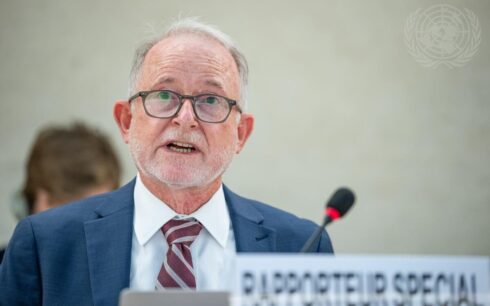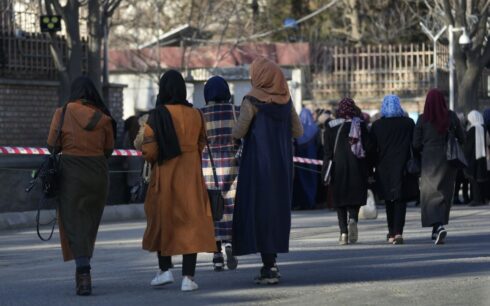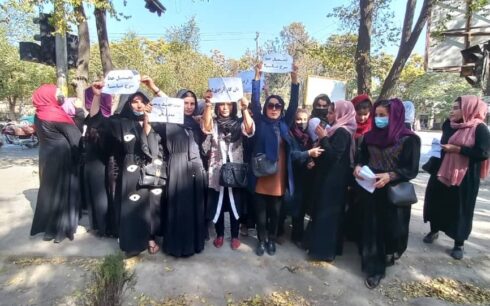Human Rights Watch, in its World Report 2024, the Taliban has intensified and broadened its crackdown on human rights, particularly the rights of women and girls, in Afghanistan.
With over 28 million Afghans, nearly two-thirds of the population, in need of humanitarian aid, the Taliban’s restrictions on women working for the United Nations and international organizations have further aggravated the situation, the organization said.
Fereshta Abbasi, an Afghanistan researcher at Human Rights Watch, stated, “The Taliban have met Afghan demands for rights and accountability with increased repression, especially targeting women and girls. It’s crucial for governments to pressure the Taliban to halt these abuses while addressing the pressing need for humanitarian aid.”
In its 34th edition, the 740-page report reviews human rights practices in over 100 countries. Executive Director Tirana Hassan, in her introductory essay, noted that 2023 was marked by human rights suppression, selective government outrage, and transactional diplomacy. However, she also pointed to signs of hope and urged governments to consistently uphold human rights obligations.
The Taliban’s prohibition of women working with international organizations and in education has stripped many Afghan women of their livelihoods, Human Rights Watch said. It added that Afghanistan remained the only country in 2023 to officially ban women and girls from secondary and higher education. The Taliban also restricted women’s access to public spaces and imposed travel restrictions requiring a male guardian.
Throughout 2023, the Taliban security forces harshly enforced these policies. Women’s protests were met with excessive force, leading to arbitrary arrests and incommunicado detentions of female protesters, amounting in some cases to enforced disappearances. There have been reports of torture of detained women and their family members, the organization said.
According to Human Rights Watch, additionally, the Taliban carried out revenge killings and enforced disappearances of former government officials and security personnel. Torture practices, including waterboarding, were reported among detainees held by Taliban security forces. The crackdown on civil society included media censorship and detentions of journalists and activists, particularly women. Education advocate Matiullah Wesa was detained for seven months without charge.
The economic crisis has led to an unprecedented need for humanitarian assistance in Afghanistan, including acute malnutrition in over three million children. The ban on Afghan women employees in aid groups has hindered the assessment and monitoring of the needs of women and girls, worsening nutrition issues in women-headed households.
Meanwhile, the Islamic State of Khorasan Province (ISKP), an affiliate of the Islamic State (ISIS), continued its attacks on civilians, particularly targeting Hazara and Shia communities, the organization said.





